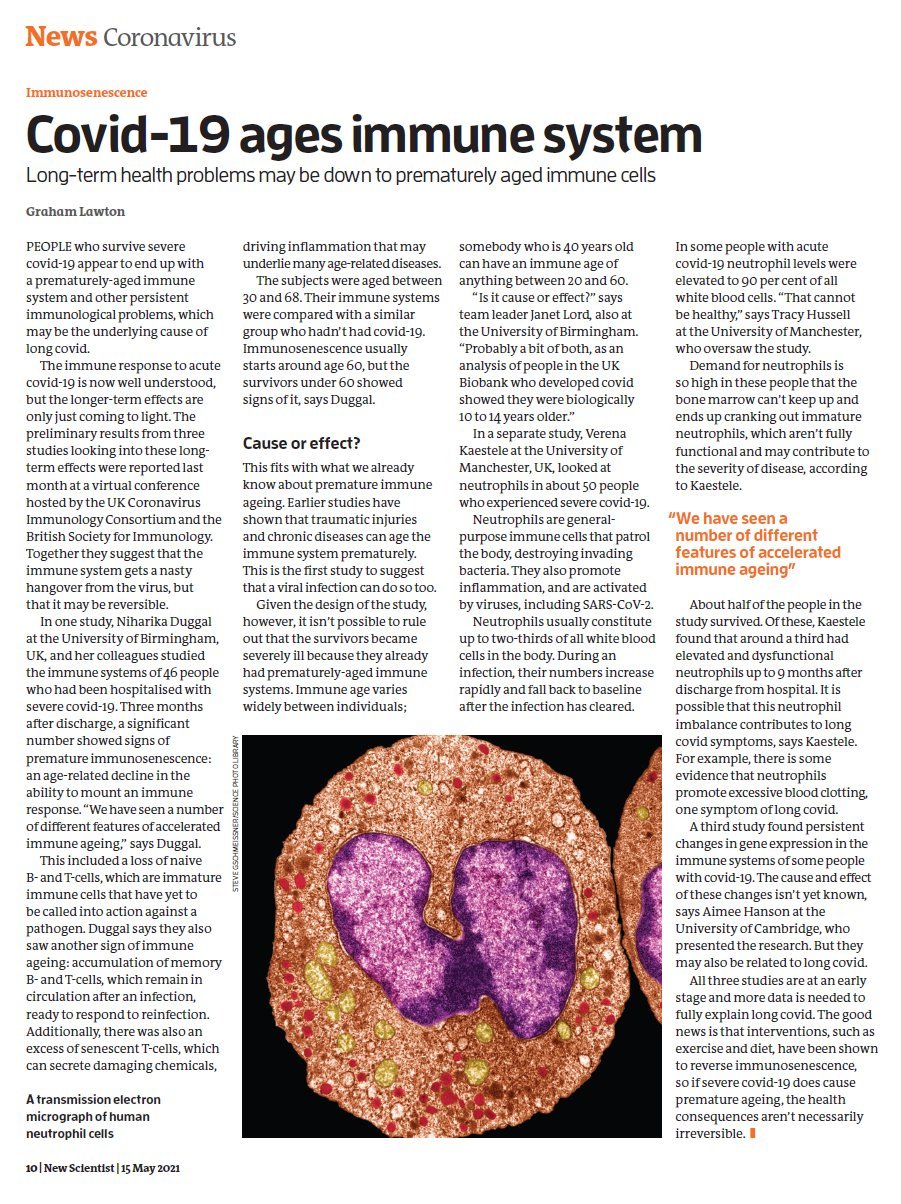You are using an out of date browser. It may not display this or other websites correctly.
You should upgrade or use an alternative browser.
You should upgrade or use an alternative browser.
Coronavirus Thread: Worldwide Pandemic
- Thread starter 88m3
- Start date
More options
Who Replied?choc_cardigan
Squad
And what is that tweet trying to say?how is this relevant to the thread topic?
And what is that tweet trying to say?
that image misrepresented the context of the information it pilfered.
Beyond 5G: what would 6G look like — and do we need it?
https://archive.is/CpvuT
snippet:
But, now that 5G is here — and some consumers still ask what real-world benefits it offers — there is a feeling among some in the telecoms industry that it might be time to move beyond the “Gs” and towards more organic change, which is less likely to lead to disappointments.
After all, some of the biggest changes that each “G” have brought have come within that generation — not from switching to the next one.
Ronny Hadani, chief scientific officer at Cohere Technologies, a spectrum software company, says: “I personally believe it’s crazy for the industry to be in a 10-year cycle, when the world is changing overnight. The cloud is updating weekly.”
Santiago Tenorio, network architecture director at Vodafone, goes further, arguing that “nobody needs 6G”.
“The industry should make 6G a no-G,” he says. “There is practically nothing left that we’re missing in a hypothetical new generation. We would be much better off improving services and applications.”
Still, despite the naysaying, momentum for 6G is building. Frodigh says there are now dozens of researchers wholly dedicated to 6G research at Ericsson.
He adds that test beds are likely to start emerging as early as 2024, with the first version of the standards — which shape the way networks around the world operate — likely to be ready by 2028.
“We will update 5G during these years but there will be a demand for even more capacity, even more features, that will get more and more difficult to add,” he says.
sounds to me like vodafone director doesn't want to invest money in new technologies before they can recoup costs from the 5G rollout.
mastermind
Rest In Power Kobe
He just shares links. He don’t know what or where he posting.how is this relevant to the thread topic?
88m3
Fast Money & Foreign Objects
88m3
Fast Money & Foreign Objects
He just shares links. He don’t know what or where he posting.
it's actually really helpful, sorry if it went over your head
Last edited:
ADevilYouKhow
Rhyme Reason
Nero Christ
Sniper out now on all digital platforms brev
whole world got stupid these last 2 years
New Research Points to Wuhan Market as Pandemic Origin New Research Points to Wuhan Market as Pandemic Origin
Godless Socialist CEO
Superstar
Very good video on vaccine hesistancy.
Yes Abby is Trans, no it doesn't fukking matter she's still incredibly intelligent and very good at this shyt

